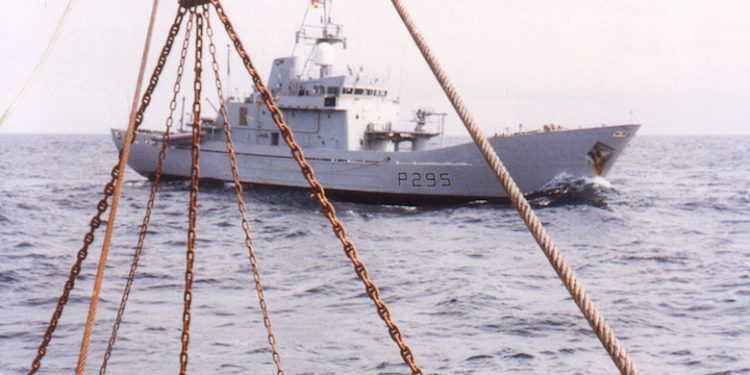Regulations governing fisheries are increasingly being properly respected, although more needs to be done too achieve full compliance, according to an EU study.
The EU Commission’s study shows that European member states have in general implemented the main obligations of the 2009 regulation on fisheries control, although many have yet to fully implement the requirements which has resulted in an uneven situation within the EU. While the latest regulations simplify and rationalise the previous system, the evaluation has highlighted failings that reduce its effectiveness.
‘Today’s report highlights that the EU fisheries control regulation has helped stepping up a culture of compliance with the Common Fisheries Policy. Our evaluation however showed that more needs to be done to fully implement certain provisions. It is also clear that the current legislative framework is not entirely fit for purpose. We need to improve the overall performance of the control regulation, aiming at securing sustainable fisheries while at the same time improving synergies with other policies,’ commented Karmenu Vella, Commissioner for Environment, Maritime affairs and Fisheries.
Since its adoption in 2009, the fisheries control regulation has contributed to improve the overall level of compliance with the CFP. It has also helped enhancing communication and data sharing among stakeholders, providing more and better quality fisheries data, as well as fostering the level playing field among operators.
Shortcomings in the implementation mainly concern sanctions and point system, follow up of infringements, data exchange and data sharing, traceability, but also monitoring and catch reporting tools for vessels under 12 metres. In addition, the lack of clarity in some provisions and the exemptions granted to smaller vessels are considered by bigger actors to hamper the effectiveness of the entire fisheries control system.
The evaluation revealed that many stakeholders have concerns with regard to the control of some of the new obligations set in the reformed CFP, as for instance the landing obligation.
The EU Commission intends to present the result of its evaluation to Member States, to the European Parliament and relevant stakeholders to identify joint and effective solutions.









